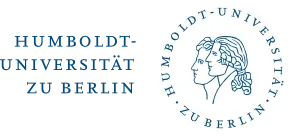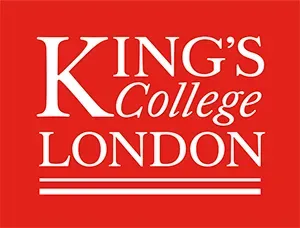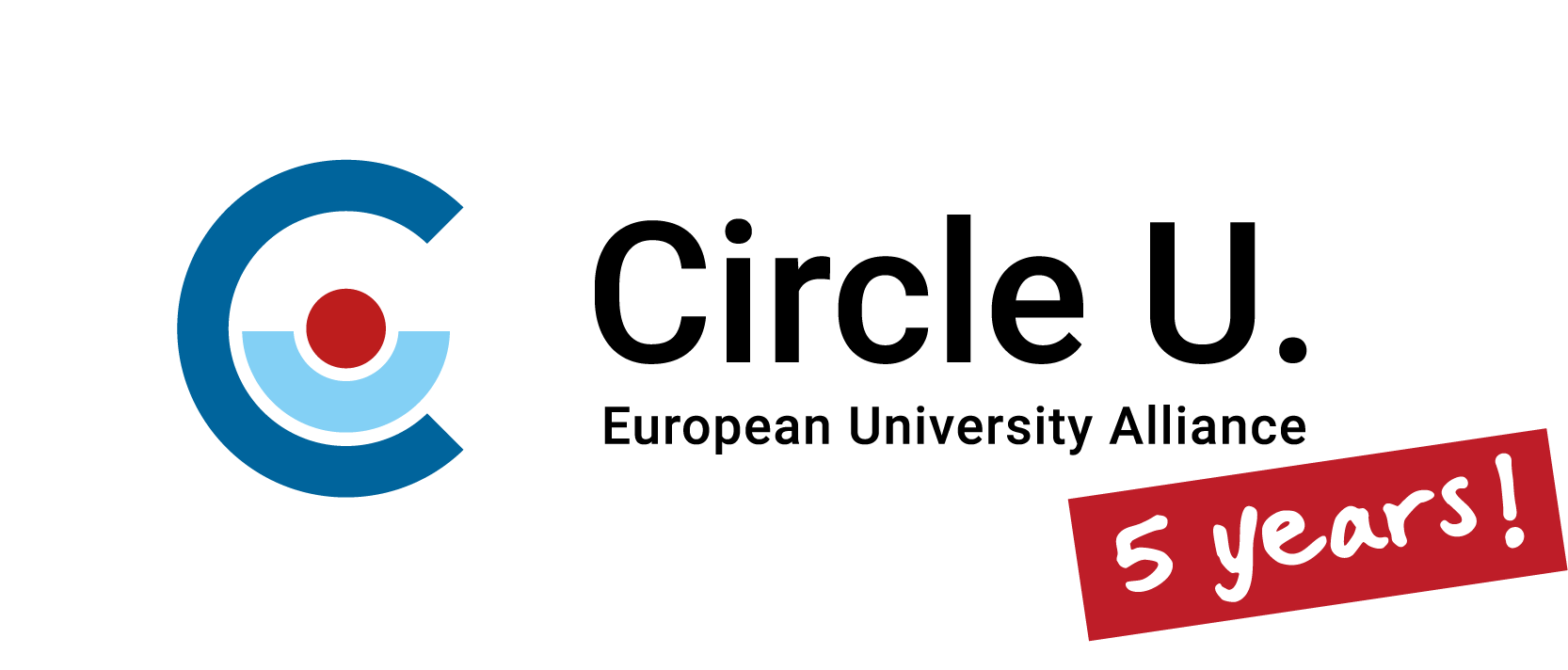Initiatives for what is often called plain language, clear language or lay language in governmental communication with citizens have gained momentum in recent years. The ISO Standard for plain language communication was issued in 2024 and is currently being implemented and translated into multiple languages. The EU commission and national governments (including Norway, Sweden, the US and New Zealand) have formal guidelines and/or legislation in place to ensure that governments communicate in a clear manner that enables citizens to ‘find, understand and make use of’ governmental information. This makes plain language initiatives a key feature of democracy.
Yet despite a growing momentum for the importance of plain language, the reality is of course far more complex. Multiple dilemmas and challenges arise in the face of plain language policy and practice: How to ensure that clarity is not gained at the cost of specificity and correct information, e.g. in complex legal issues? How to facilitate that plain language is not reduced to proof reading, but is implemented in a manner that also transforms how governments relate to their constituents? How to enable plain language in the multilingual setting of the EU? How to ensure that plain language enables accountability, transparency and citizens’ empowerment, and not becomes a tool for deception, misinformation, and concealment of citizens’ rights?
Furthermore, with the expansion of digital platforms and generative AI tools for preparing and circulating documents, governmental text production is undergoing massive changes that may both threaten and strengthen citizens’ empowerment. How may AI tools help empower citizens in their interaction with governments? How may they help governments do their work in a more efficient manner while also ensuring ethical, transparent and knowledge-based conduct? What knowledge and skills must be developed among organisations, bureaucracies, and citizens to build strong AI literacy across the EU and its member states?
Learning outcome
- Overview of the history and state-of-the-art of plain language initiatives internationally
- Overview of key governmental systems in Europe (national and international)
- Overview of key document genres within politics, bureaucracy and law
- Basic understanding of AI legislation and AI literacy initiatives at the EU level
- Basic understanding of large language models and generative AI, including AI ethics
- Critically apply principles of plain language in practical textual communication
- Critically apply generative AI tools relevant for plain language
- Articulate the relation between language, texts and democracy
- Methods of digital source criticism
- Recognise and distinguish documents in the most common legal and governmental genres
Admission
Students must be at an advanced stage of their BA studies or be enrolled in a MA programme at one of the Circle U. universities.
- For three year BA programmes the student must have passed a minimum of 120 ECTS.
- For students enrolled in four year BA programmes, the student must be in the equivalent of their fourth year.
- Students at a BA level must have a minimum grade average of C (in the Norwegian grading scale).
- The course assumes a high proficiency in written and oral English.
Contact your home institution regarding questions about getting the course approved as part of your degree.
The number of participants on this course is limited to a total of 31 students. In case of more eligible applicants from participating universities, eligible applicants will be pooled together and chosen at random to ensure that all eligible candidates have an equal opportunity to participate. Please note that applicants are not guaranteed admission to the course even if they are qualified.
Apply by 1 March
Teaching
The course consists of:
- a mandatory one-day digital seminar (to be held one month in advance of block seminar)
- a mandatory one week block seminar from the 22th to the 26th of June 2026 at the Louvain campus in Brussels, Belgium.
- one mandatory written assignment to be approved (pass/fail) between the digital seminar and the physical course week. The assignment will be given at the end of the digital seminar. The assignment must be approved for the student to attend the physical course week in Louvain and to qualify to sit for the exam.
The course week will include lectures in the morning and supervised group work in the afternoon. The week will also include a field trip to the European Commission.
The course will have lecturers from the University of Oslo, UCLouvain, University of Pisa, Humboldt and King’s College London.
Specified amount of teaching and student activities:
- Digital seminar: 6h lectures
- Physical course week: 4*3h lectures + 1 field trip (4h)
- Supervised group work: 2*3h
Total: 18h lectures + 4h field trip + 6h group work.
Examination
To qualify for the course week in Louvain and the exam, your mandatory written assignment must have been approved (pass).
The exam is a group exam to be prepared during the course week and presented on the last day of the course week in the format of a mini-conference. The exam assignment will be given on the first day of the physical course week.
Language of examination
The examination questions are given in English, and you submit your response in English.
Grading scale
Grades are awarded on a pass/fail scale.
Funding
The course is organized as a blended intensive program (BIP) within Erasmus+, and hence you may apply for a grant at your home university.
Please contact the mobility office at your university for more information:
- Aarhus University: aarhus@circle-u.eu
- University of Belgrade: Nikola Savic nikola.savic@rect.bg.ac.rs
- Humboldt Universität zu Berlin: berlin@circle-u.eu
- King’s College London: Students are not eligible for Erasmus+ funding, but may have access to internal funding. Please check for funding opportunities or contact the Circle U. Team for more information: circle-u@kcl.ac.uk
- UCLouvain: no grant is available, as the course is hosted by UCLouvain
- University of Oslo: erasmus-uio@admin.uio.no
- Université Paris Cité: circleu.iro@u-paris.fr and online at u-paris.fr
- University of Pisa: circleU.erasmus@unipi.it and on our website.
- University of Vienna: circle-u@univie.ac.at










